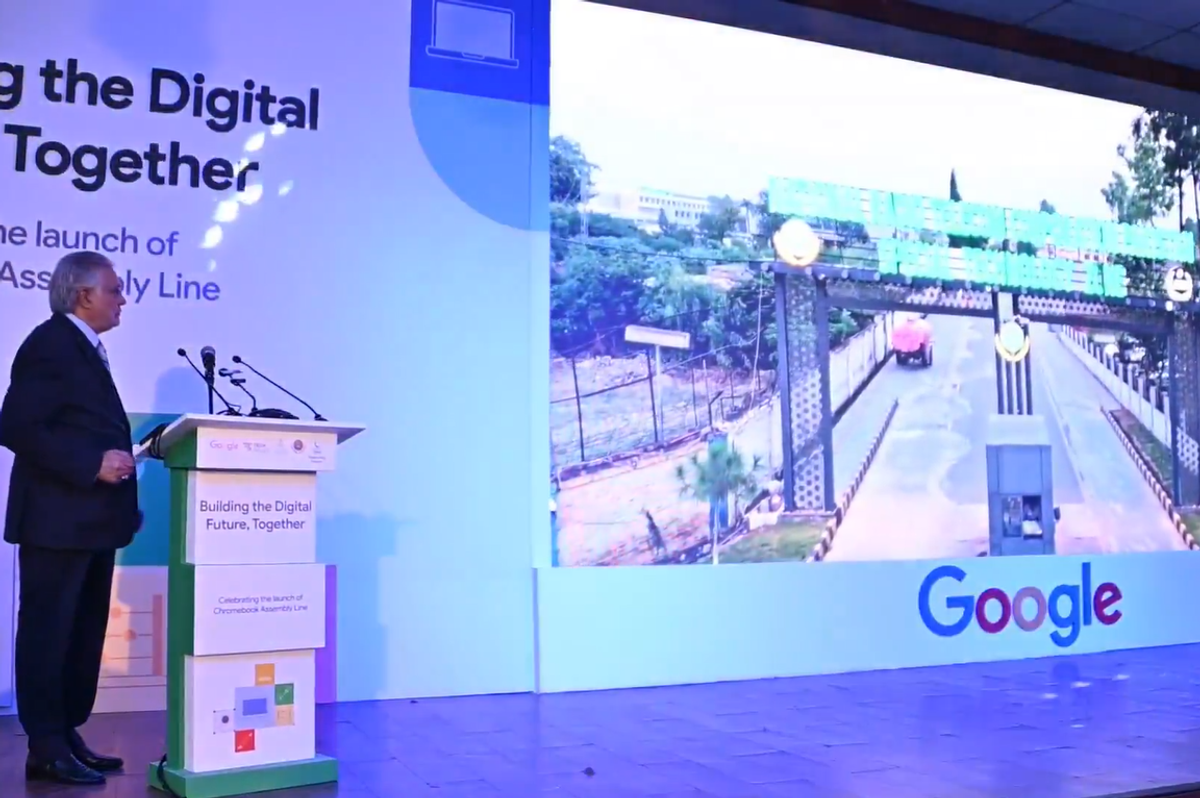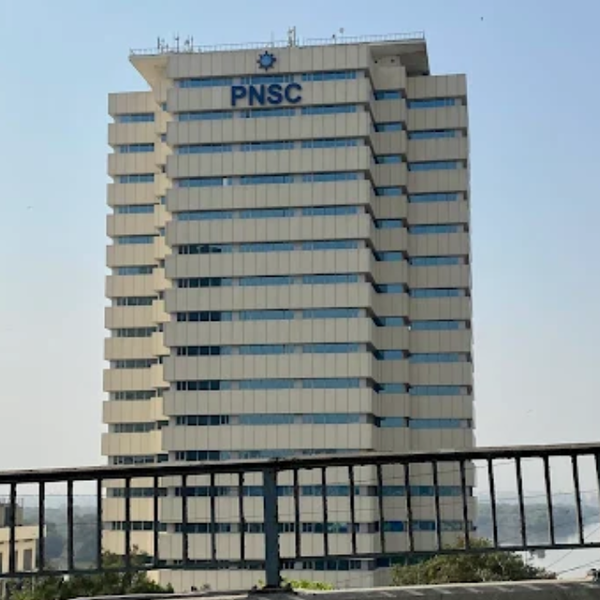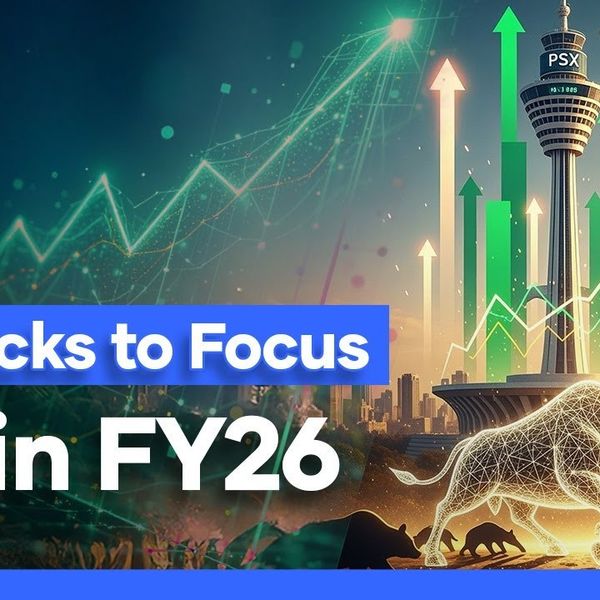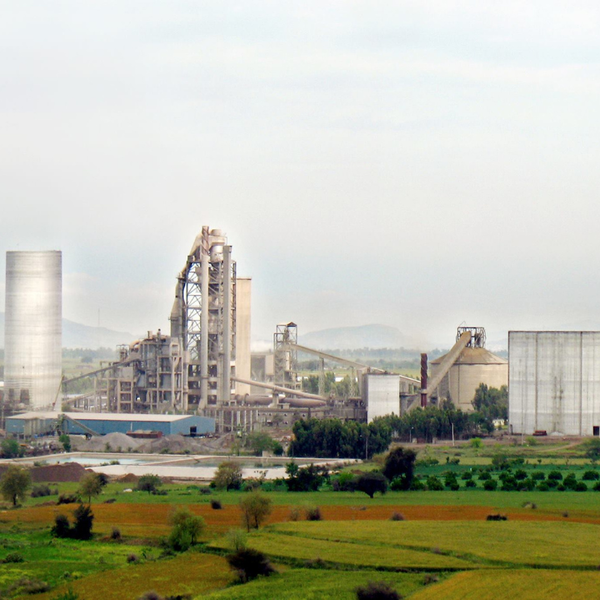News Desk
The News Desk provides timely and factual coverage of national and international events, with an emphasis on accuracy and clarity.

The event also launched the Google-Pakistan partnership under the Digital Nation Pakistan initiative.
Courtesy: MOFA
Pakistan has inaugurated its first locally assembled Google Chromebook facility, marking what officials describe as a “historic milestone” in the country’s drive toward a digital economy and tech manufacturing.
Speaking at the launch ceremony in Islamabad on Tuesday, Deputy Prime Minister and Foreign Minister Ishaq Dar hailed the development as a “defining moment” for Pakistan’s digital transformation.
The event, titled “Building the Digital Future, Together,” also marked the formal launch of the Google-Pakistan partnership under the government’s Digital Nation Pakistan initiative.
Dar said the localization of Chromebook production would make access to digital tools more affordable and inclusive - particularly for the education sector, where low-cost computing remains a key challenge.
“From the launch of Pakistan’s first Chromebook assembly line to Google’s announcement of establishing a local presence and upskilling our youth, this is a defining moment for our digital future,” he said, addressing an audience that included federal ministers, IT experts and Google representatives.
He noted that the initiative held broad economic significance, paving the way for new jobs, supply-chain development and potential technology exports.
Dar added that Google’s growing footprint in Pakistan would deepen engagement with local developers, startups and entrepreneurs by fostering collaboration and greater access to global digital platforms.
“Let me assure you, the management of Google - you won’t regret setting up operations here,” Dar said. “In the years to come, you’ll find many multinational and other partners joining you. Pakistan is moving fast to take its place among leading nations.”
Under a memorandum of understanding (MoU), Google and the Government of Pakistan will also collaborate to provide artificial intelligence (AI) skills training for 100,000 developers nationwide.
Dar reaffirmed the government’s commitment to fostering an investment-friendly environment for technology firms.
He highlighted the establishment of the Special Investment Facilitation Council (SIFC), designed to streamline business setup and attract foreign investment. “Our policies aim to make Pakistan a regional hub for technology development, supported by a regulatory framework that promotes innovation, transparency, and investment,” he said.
Concerns over high taxes
Responding to concerns over high tax rates, the deputy prime minister said the government was pursuing a more balanced and competitive tax structure. He also expressed optimism about the country’s economic trajectory, saying Pakistan was “striving to position itself among G20 economies.”
Dar underscored Pakistan’s untapped mineral and resource wealth, estimating that the nation’s mines and hydrocarbons could be worth between $6 trillion and $10 trillion.
“With debt and liabilities of around $130 billion, that would be a small amount in comparison,” he said. “We are on that road and moving at a fast pace.”







Comments
See what people are discussing